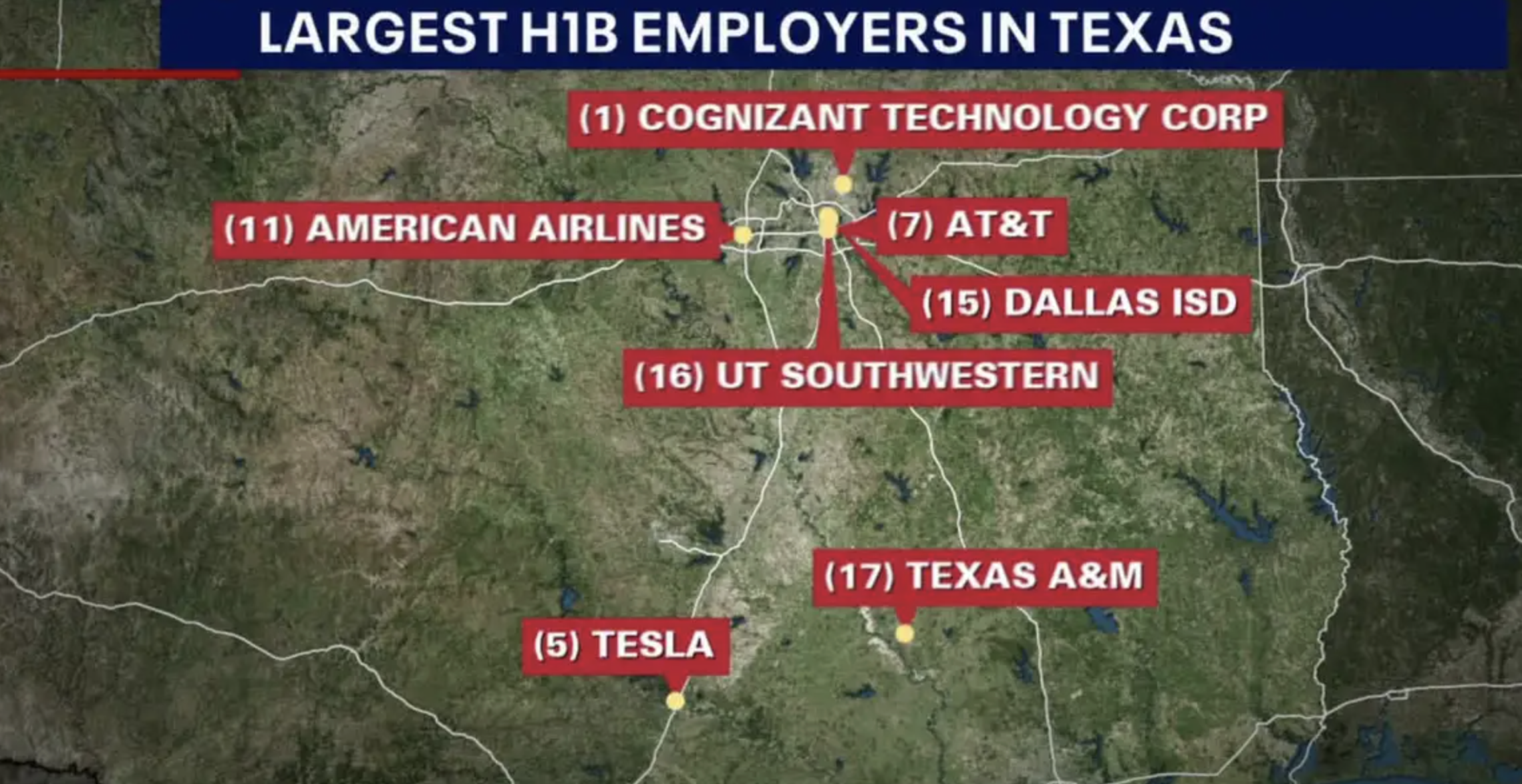Generative AI training has gained significant traction across multiple sectors. In FY25, over 50% of organizations plan to expand training programs for non-technical roles, such as Operations, Customer Service, and Human Resources. This shift aims to automate repetitive tasks and improve efficiency. Generative AI’s integration reflects a broader trend of enhancing organizational innovation by embedding AI-powered solutions across functions.

Increased Learning and Development Budgets
In response to growing demands for a skilled workforce, 58.5% of companies have increased their learning and development (L&D) budgets for FY25. This decision builds on the success of FY24, where four out of five organizations reported reduced hiring costs through effective internal upskilling. The focus has shifted from merely filling skill gaps to fostering business growth and innovation, especially among early-career professionals.
Top Training Priorities for FY25: AI, Data Science, and Cyber Security
AI, Data Science, and Cyber Security are expected to remain key areas of investment in FY25, with a significant focus on Machine Learning and Data Engineering. The IT sector leads in this space, closely followed by analytics and digital solution companies. These disciplines are critical for strategic decision-making, operational efficiency, and protecting sensitive data, especially in sectors like BFSI and IT/ITeS.
GCCs Leading Innovation through Workforce Development
Global Capability Centers (GCCs) are evolving into hubs of innovation by investing in upskilling their workforce. In FY24, their training strategies focused on AI and Data Science. For FY25, they plan to extend training initiatives to Generative AI and Cloud Computing. This forward-thinking approach positions GCCs as enablers of global technological advancements and efficiency improvements.
Tailored L&D Programs for Different Career Stages
In FY24, over 80% of L&D programs for early-career professionals spanned 2-12 weeks, while mid- and senior-level training in sectors like Manufacturing and Retail was structured as short, focused programs. This approach minimizes disruption while enhancing leadership and technical skills. Senior leaders benefited from capsule workshops combining new tech training with leadership development, aligning with organizational goals for innovation and productivity.











